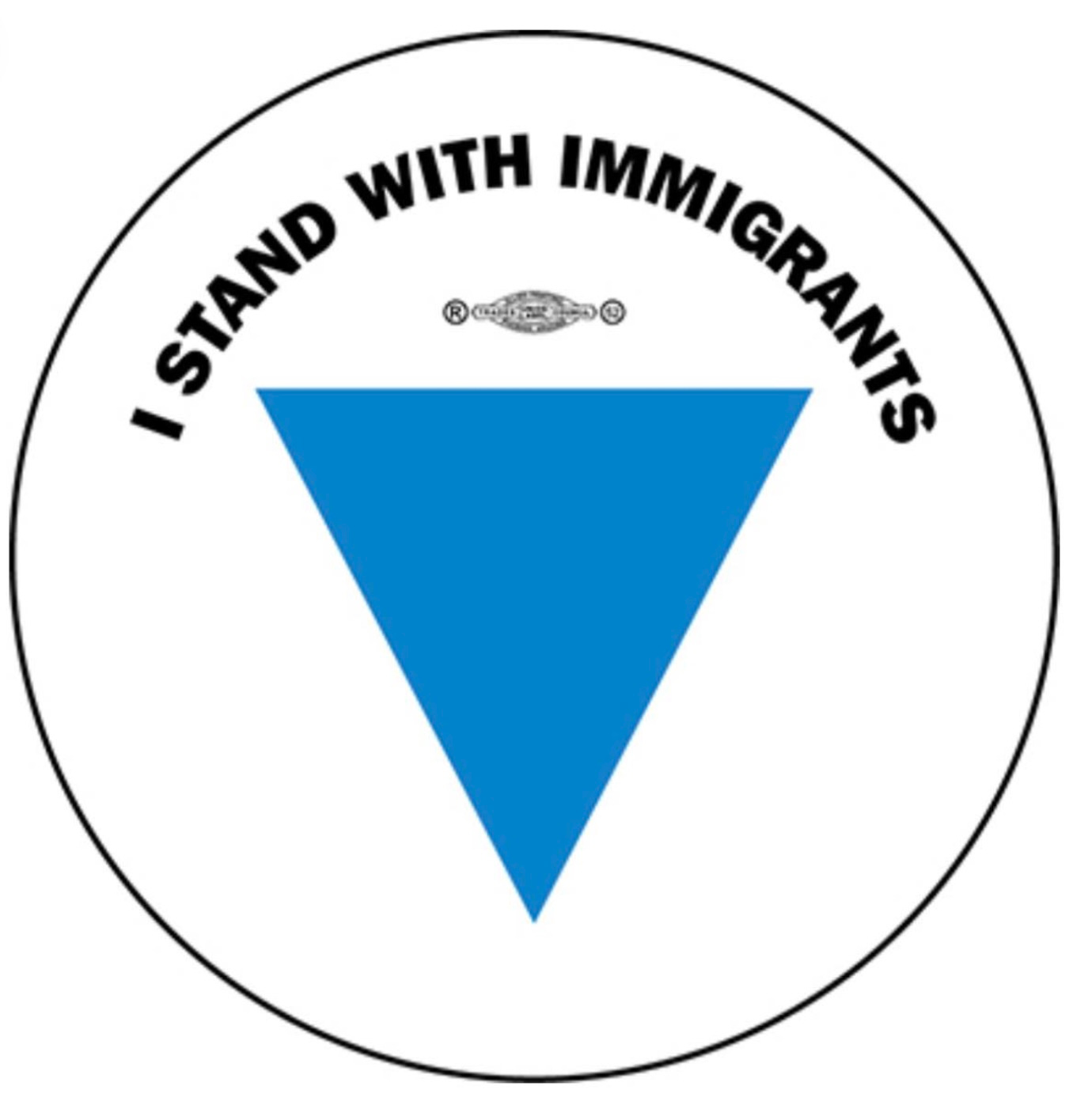Families
April 7, 2025
This past Friday I managed to snare a table for eight in a restaurant in suburban Washington D.C. I had told the waitress that we probably wouldn’t be eating much, as I was there to officiate a marriage.
She smiled, as if this happened all the time on her watch, and said, “I will bring out some waters right away!”
From time-to-time couples who are in immigration proceedings and who need to formalize their marriage will give me the honor of witnessing their exchange of vows. It is the simplest of ceremonies, as this is no church wedding, and, usually, there are legal deadlines to meet. A full-blown celebration of their married love would have to take place down the road.
“Anyway, it would be sad to have a big wedding without my mom or dad there,” one bride told me.
At this Friday noontime I was booked for a double wedding: a brother and a sister whose respective families were sharing a small apartment while they worked hard to create a new life in America. They were from Venezuela and had an immigration court hearing coming up. The couples were hoping to have a positive response to their request for political asylum in the United States.
The two couples shared with me their version of the odyssey that so many families immigrating to the United States have endured. They had left Venezuela a couple of years ago, as things in their small town had gotten quite violent. Both husbands, apparently bright, responsible men, had been targeted by local thugs. As the threats against the men grew the families decided to flee; one went to Peru, the other to Chile.
“Life (in those places) was impossible,” one of the mothers said. “We had a mutual friend who encouraged us to come to live with him here in the United States, and so we decided to trust our fate, and here we are.”
I asked them about the journey. All four adults smiled wryly.
I smiled too, and said, “You have told these stories over and again, haven’t you?”
One of the women sighed and said, “Yes we have, and they don’t get any nicer.”
They had tried mightily to make their lives in Peru and Chile and felt that they had failed. They took long bus rides to the infamous Darien Gap between Columbia and Panama. The families survived the horrors of that passage, their little ones in tow. Just as they emerged from the jungle, the four-year-old got very sick and had had emergency surgery in Panama.
I thought that this was a good moment to order French fries for the children. The children knew how to ask for ketchup and as they settled into their snacks, the adults talked about how they had decided after a three-month slog through Central America to take the infamous “Bestia” (The Beast) freight train through Mexico. They made it to Matamoros where they lived in pup tents for six months as they awaited their CBP1 appointments. They were determined to enter the United States the “right way.” Eventually Customs and Border Protection agents summoned the families to the international bridge, where they filled out paperwork, crossed into Brownsville, Texas, and then caught a bus to Washington, D.C.
They lived for over a year in small, Motel Six type hotel rooms before the families managed to make enough money to get their own place. The men had odd jobs, usually driving for Uber eats, and the moms pitched in as they could, their efforts complicated by the lack of affordable child care. But now the couples’ hopes were up, as they had a court date in a couple of weeks. Before that, however, they did need to have a wedding.
Amongst the lunch time loudness of a busy restaurant, they exchanged vows and kissed gently and shyly. I offered them a blessing, witnessed, I am sure, by the God who placed the stranger under particular care, a God whose workload has increased, what with the worldwide web of barbarities committed against the stranger.
Surely, I hoped, God could take on the care of two more families. At that noon time, the two families shared that hope and that prayer.




